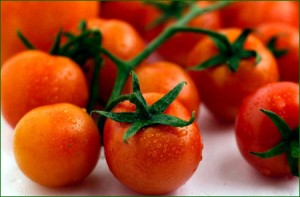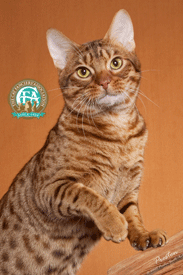Reflections…
I have learned a lot about both writing and about food this semester in GSW 1120. As for writing, I have learned to slow down the writing process in order to give myself time to thoroughly research a topic and then make my own ideas and opinions regarding the topic, which will benefit the overall quality of my final paper. I have learned to do this by creating an outline for my papers, guiding me through my argument from introduction to conclusion. I have also learned to create a proposal, which initially allows me to analyze the research I have conducted on a topic and to state my thesis as well as a brief overview of my paper. By creating an outline and proposal I allow myself to create a very well constructed essay.
I have also learned about source synthesis this semester in GSW 1120. Source synthesis occurs when one compares sources and connects ideas and concepts between sources in one’s paper. Doing so further develops one’s argument by demonstrating how two or more sources either agree, disagree, or elaborate on a topic. Incorporating source synthesis into an essay forces the writer to analyze the sources one has found and really challenges the author to connect the ideas present in the sources. Ultimately, source synthesis results in a well constructed essay with clear ideas and connects between these ideas explored thoroughly.
On top of learning more about the writing process and enhancing my writing skills, this course has taught me about food. Throughout this course we have discussed issues related to food and have read many academic articles concerning the food industry and food politics. I have learned about the local and organic movements and the benefits of both of these movements, and I hope to utilize this knowledge in the future to improve my eating habits and to lower the impact I have on the environment while supporting local businesses.
This course has improved my writing skills and has equipped me with knowledge about food that I did not previously have. I plan on utilizing the lessons I have learned in this course to enhance my writing for other classes and to enhance my life and the impact I have on our environment. I plan on constructing either an outline or a rough sketch of a proposal for future papers in classes, which I believe will result in well-written and concise papers. I also plan on incorporating synthesis in these future papers, since I feel that after having done so for this class I have improved my writing and it has resulted in some of the best essays I have ever written.



